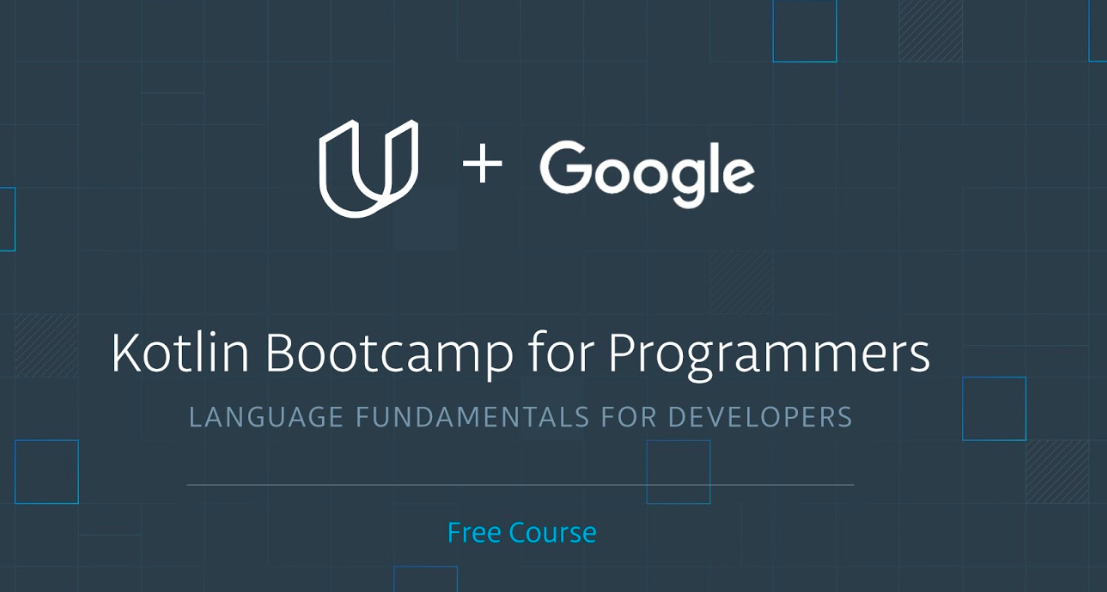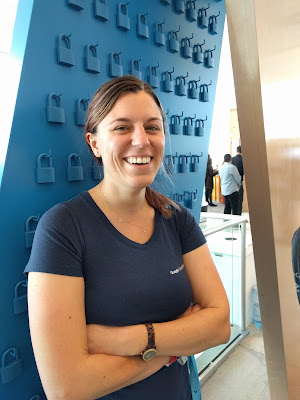Posted by Roy Glasberg, Founder of Launchpad Accelerator

For the past six years, Launchpad has connected startups from around the world with the best of Google - its people, network, methodologies, and technologies. We have worked with market leaders in over 40 countries across 6 regional programs (San Francisco, Brazil, Africa, Israel, India, and Tokyo). Launchpad also includes a new program in Mexico announced earlier this year, along with our Indie Games Accelerator and Google.org AI for Social Good Accelerator programs.
We are pleased to announce that the next cohort of startups has been selected for our upcoming programs in Africa, Brazil, and India. We reviewed over 1,000 applications for these programs, and were thoroughly impressed with the quality of startups that indicated their interest. The startups chosen represent those using technology to create a positive impact on key industries in their region and we look forward to supporting them and connecting them with startup ecosystems around the world.
In Africa, we have selected 12 startups from 6 African countries for our 3rd class in this region:
- 54Gene (Nigeria) - Improving drug discovery by researching the genetically diverse African population
- Data Integrated Limited (Kenya) - Automating and digitizing SME payments, connecting the street to high finance.
- Instadiet.me (Egypt) - Connecting patients to credible nutritionists and dietitians to help them maintain a healthy and optimal weight online.
- Kwara (Kenya) - Providing a rich digital banking platform to established fair lenders such as credit unions or savings and credit cooperatives (SACCOs), with an open API to enable and accelerate their inclusion into the formal financial ecosystem.
- OkHi (Kenya) - A physical addressing platform for emerging markets - on a mission to enable the billions without a physical address to "be included."
- PAPS (Senegal) - Logistics startup focused on last mile delivery and domestic market, with strong client care orientation, allowing live tracking, intelligent adresses system and automatic dispatch.
- ScholarX (Nigeria) - Connecting high potential students with funding opportunities to help them access an education
- Swipe2pay (Uganda) - A web and mobile payments solution that democratizes electronic payments for SMEs by making it easy for them to accept mobile as a mode of payment.
- Tambua Health Inc. (Kenya) - Turning a normal smartphone into a powerful, non-invasive diagnostic tool for Tuberculosis and Pneumonia. It uses a cough sound acoustic signature, symptoms, risk factors, and clinical information to come up with a diagnostic report.
- Voyc.ai (South Africa) - A CX Research Platform that helps companies understand their customers by turning their customer research into insights, profiles, and customer journey maps.
- WellaHealth (Nigeria) - A pharmacy marketplace for affordable, high-quality disease care driven by artificial intelligence starting with malaria.
- Zelda Learning (South Africa) - Providing free online career guidance for students looking to enter university and linking them to funding and study opportunities.
In India, for our 2nd class, we are focused on seed to growth-stage startups that operate across a number of sectors using ML and AI to solve for India-specific problems:
- Opentalk Pte Ltd - an app that connects people around the world to become better speakers and make new friends.
- THB - Helping healthcare providers drive full potential value from their clinical data
- Perceptiviti Data Solutions - An AI platform for Insurance claim Ffagging, payment integrity, fraud, and abuse management
- DheeYantra - Cognitive conversational AI for Indian vernacular languages
- Kaleidofin - Customized financial solutions that combine multiple financial products such as savings, credit, and insurance in intuitive ways to help customers achieve their financial goals.
- FinancePeer - A P2P lending company that connects lenders with borrowers online.
- SmartCoin - A go-to app for providing credit access to the vastly underserved lower- and middle-income segments through advanced AI/ML models.
- HRBOT - Using AI and Video Analytics to find employable candidates in tier 2 & 3 cities remotely.
- Savera.ai - Remotely mapping roofs to reflect the attractiveness of a solar power plant for your roof, followed by chatbot based support to help you learn about solar (savings, RoI, reviews etc.) and connections to local service providers.
- Adiuvo Diagnostics - Rapid wound infection assessment and management device.
In Brazil, we have chosen startups that are applying ML in interesting ways and are solving for local challenges.
- Accountfy - SaaS platform focused on FP&A tools. Users upload trial balances and financial statements are easily built through accounting figures. harts, alerts, reports and budgets can be created too.
- Agilize - An online accounting firm that provides annual savings of $1,500, predictability, and transparency to small-sized business through a friendly platform and massive automation.
- Blu365 - An innovative, data-driven, customer-centric debt negotiation platform that has been transforming positively the relationship between companies and customers .
- Estante Mágica - Estante Mágica is a free platform that, in partnership with schools, turn students into real authors, making children protagonists of their own stories.
- Gesto - GESTO is a health tech consulting firm that uses data science to intelligently manage health insurance.
- Rebel -A data, tech, and analytics-driven platform whose mission is to lead the transformation of the financial services market in Brazil by empowering consumers.
- SmarttBot - Empowering individuals with the best automated investment tools in order to give them edge against bigger investors and financial institutions and improve their chances of making money.
- Social Miner - A technology able to predict if an e-commerce visitor will buy or not and create experiences based on the consumer journey phases.
Applications are still open for Launchpad Accelerator Mexico - if you are a LATAM-based startup using technology to solve big challenges for that region, please apply to the program here
As with all of our previous regional classes, these startups will benefit from customized programs, access to partners and mentors on the ground, and Google's support and dedication to their success.
Stay updated on developments and future opportunities by subscribing to the Google Developers newsletter, as well as The Launchpad Blog.








